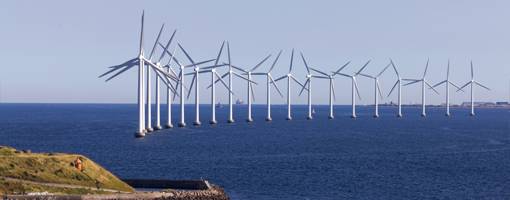Research from Amundi suggests that ESG screening will have a positive outcome for portfolio performance.
Using proprietary data from 2010-2017 to analyse the performance of 1,700 companies across five investment universes, corresponding to MSCI indices: MSCI North America, MSCI EMU, MSCI Europe-ex EMU, MSCI Japan and MSCI World, Amundi found that the impact of ESG screening on return, volatility and drawdown is dependent on three factors: observation period, investment universe and investment strategy.
The results of the research show a general trend for ESG investing that tended to penalise both passive and active investors between 2010 and 2013 but was a source of outperformance from 2014 to 2017 in Europe and North America.
Across the three ESG pillars, the environmental factor in North America and the governance factor in the Eurozone performed the strongest. From 2015, the social component improved significantly and has now been positively priced by the stock market. Overall, the study revealed that ESG does not impact all stocks, but tends to impact best-in-class and worst-in-class assets.
In addition, a virtuous circle has been created where performance is driven by increasing investors’ demand for ESG approaches, which generates flows into best-in-class stocks, which in turn boosts stock prices and performance.
Thierry Roncalli, head of quantitative research, explained: “This new scientific research confirms the time-varying dynamics of ESG performance. Since stock prices reflect supply and demand balance, our research shows that ESG screening has influenced stock market performance. It is apparent that ‘extra-financial’ ESG risks have become financial risks and that asset pricing momentum is in favour of ESG investors.”
The research “The Alpha and Beta of ESG Investing” and the companion summary paper “How ESG Investing Has Impacted the Asset Pricing in the Equity Market?” have been published on Amundi’s Research Centre website.
© 2019 Perspective Publishing Privacy & Cookies








Recent Stories